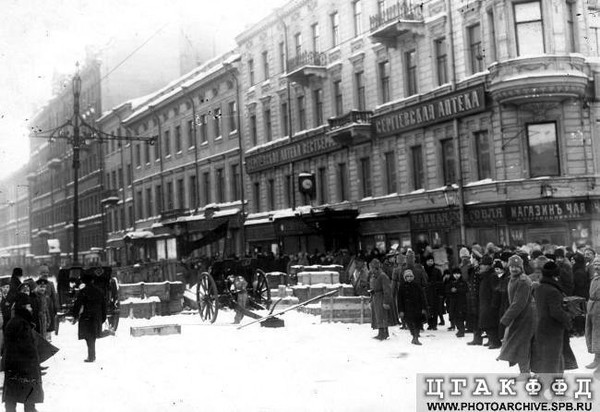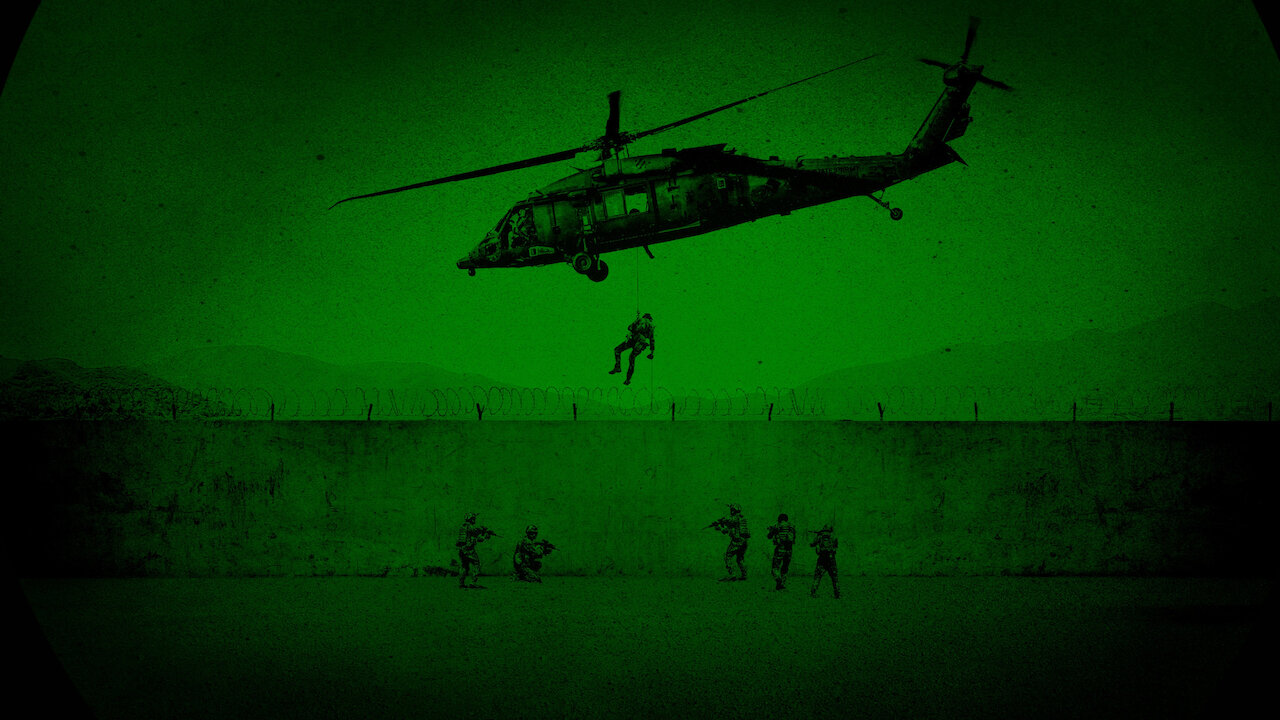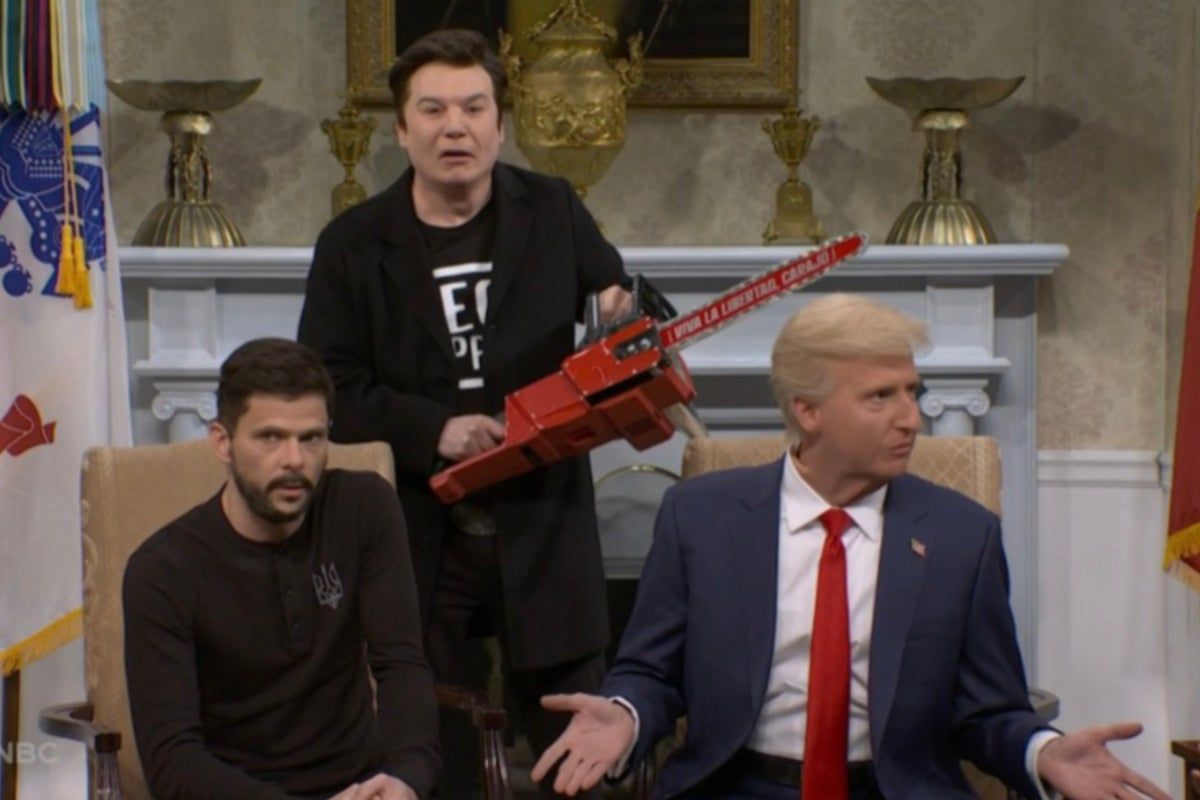Russia's Failed Peace Overture: Analyzing Putin's Diplomatic Missteps

Table of Contents
Vladimir Putin's attempts at a diplomatic resolution to the Ukraine conflict have been widely criticized as failures, leading to escalating tensions and a protracted war. This article analyzes the key missteps in Putin's diplomatic strategy, examining the underlying reasons for their failure and their broader implications for international relations. We will delve into the reasons behind the failure of Russia's peace overture and the consequences of Putin's diplomatic approach. The catastrophic miscalculations surrounding Russia's actions in Ukraine offer valuable lessons for international relations and conflict resolution.
Underestimation of Ukrainian Resolve and Western Unity
Putin's diplomatic failures stem from a profound misjudgment of both Ukrainian capabilities and the international response. His initial strategy was predicated on a swift and decisive victory, a plan that tragically disregarded crucial factors.
Miscalculation of Ukrainian Resistance
Putin's initial assumption of a swift victory was based on a flawed understanding of Ukrainian national identity and the strength of its resistance. This fundamental error significantly underestimated Ukraine's capacity to defend itself.
- Underestimation of Ukrainian military capabilities: Russian intelligence significantly underestimated the effectiveness of Ukrainian military training and equipment, as well as the resilience of its armed forces.
- Failure to account for civilian resistance: The widespread civilian resistance, driven by a strong sense of national identity and determination to defend their homeland, was a critical factor overlooked by Russian strategists. This grassroots mobilization significantly hampered the Russian advance and prolonged the conflict.
- Overlooking the role of national pride in bolstering Ukrainian defense: The deep-seated Ukrainian national pride and desire for self-determination fueled a resistance far stronger than anticipated, significantly hindering the effectiveness of Russia's military campaign and undermining their diplomatic efforts.
Underestimating Western Sanctions and Support
The international community's response to Russia's invasion far exceeded Putin's expectations. The swift and comprehensive sanctions imposed by Western nations, coupled with unwavering support for Ukraine, crippled Russia's economy and limited its military options.
- Failure to predict the scale of economic sanctions: The severity and scope of the economic sanctions imposed by the West, including restrictions on energy exports and financial transactions, were far greater than anticipated by Russia.
- Underestimation of the resolve of Western nations to provide military and humanitarian aid: The consistent and substantial provision of military equipment, financial assistance, and humanitarian aid to Ukraine demonstrated a level of Western commitment that surprised Russia.
- Neglecting the impact of information warfare: The West's coordinated information campaign effectively countered Russian propaganda, exposing war crimes and garnering global support for Ukraine.
Lack of Credible Negotiation and Dialogue
Putin's approach to diplomacy has been characterized by a lack of genuine engagement and a reliance on aggressive tactics, further exacerbating the crisis and hindering any possibility of a peaceful resolution.
Ultimatums and Aggressive Rhetoric
Rather than seeking compromise, Putin's approach has been dominated by ultimatums and belligerent rhetoric, creating an environment entirely unsuited for productive negotiations.
- Use of inflammatory language: The use of aggressive and provocative language by Russian officials has further inflamed tensions and made meaningful dialogue incredibly difficult.
- Refusal to engage in meaningful compromise: Putin's unwillingness to compromise or negotiate in good faith has effectively shut down any chance of a peaceful settlement.
- Prioritizing military solutions over diplomacy: The emphasis on military force over diplomatic engagement undermined any chance for a peaceful resolution and strengthened the resolve of Ukraine and its allies.
Disregard for International Law and Norms
Russia's flagrant disregard for international law and established norms severely damaged its credibility and undermined its ability to engage in constructive dialogue.
- Violation of the UN Charter: The invasion of Ukraine constitutes a clear violation of the UN Charter, fundamentally undermining the principles of sovereignty and territorial integrity.
- Disregard for international treaties and agreements: Russia's actions demonstrate a blatant disregard for various international treaties and agreements aimed at preventing aggression and promoting peaceful conflict resolution.
- Undermining of international institutions: Russia's actions have severely damaged the credibility and effectiveness of international institutions designed to maintain global peace and security.
Internal Factors Hindering Diplomatic Success
Internal factors within Russia have also played a crucial role in the failure of its diplomatic efforts, contributing to strategic miscalculations and a lack of adaptability.
Information Control and Propaganda
The Kremlin's strict control over information and the propagation of disinformation have created a distorted picture of the conflict, hampering effective communication and negotiation.
- State-controlled media narrative: The dominant narrative in Russian state-controlled media presents a fundamentally biased and inaccurate account of the conflict, hindering effective communication and negotiation.
- Suppression of dissenting voices: The suppression of dissenting voices and independent journalism within Russia limits the diversity of perspectives that could inform the decision-making process.
- Spread of disinformation campaigns: The spread of disinformation campaigns aimed at undermining Ukraine and the West has further complicated efforts at diplomatic engagement.
Authoritarian Decision-Making
Putin's autocratic decision-making style, limiting input and dissent, may have contributed to strategic miscalculations and an inability to adapt to the changing circumstances.
- Lack of diverse perspectives in policy-making: The lack of diverse perspectives within Russia's policy-making circles has likely contributed to a narrow and inflexible approach to diplomacy.
- Limited opportunities for independent analysis: The limited opportunities for independent analysis and critical evaluation of policy decisions hinder effective strategic planning and response.
- Rigidity in approach: The rigid and inflexible nature of Putin's decision-making style has prevented Russia from adapting its diplomatic strategy in response to evolving circumstances.
Conclusion
Russia's failed peace overture serves as a cautionary tale regarding the dangers of miscalculation, aggression, and a lack of genuine engagement in diplomacy. Putin's diplomatic missteps have not only prolonged the conflict in Ukraine but also severely damaged Russia's international standing. Understanding the factors contributing to the failure of Russia's peace overture is crucial for future conflict resolution efforts. To prevent similar failures in the future, a more nuanced approach that prioritizes dialogue, respects international law, and accurately assesses the capabilities and resolve of adversaries is essential. Analyzing Russia's failed peace overture provides critical insights for preventing future diplomatic failures and promoting lasting peace.

Featured Posts
-
 Gonsolin Dominates In First 2023 Start Leading Dodgers To Victory
May 18, 2025
Gonsolin Dominates In First 2023 Start Leading Dodgers To Victory
May 18, 2025 -
 Bowen Yang Addresses Ego Nwodims Controversial Snl Weekend Update Performance
May 18, 2025
Bowen Yang Addresses Ego Nwodims Controversial Snl Weekend Update Performance
May 18, 2025 -
 Is The Osama Bin Laden Manhunt Documentary Available On Netflix
May 18, 2025
Is The Osama Bin Laden Manhunt Documentary Available On Netflix
May 18, 2025 -
 Ftc Vs Meta Defense Takes Center Stage In Monopoly Trial
May 18, 2025
Ftc Vs Meta Defense Takes Center Stage In Monopoly Trial
May 18, 2025 -
 Dutch Prefer De Escalation Over Retaliation Regarding Trump Tariffs
May 18, 2025
Dutch Prefer De Escalation Over Retaliation Regarding Trump Tariffs
May 18, 2025
Latest Posts
-
 Michelle Williams Dying For Sex Performance A Deeper Look At The Clasp
May 18, 2025
Michelle Williams Dying For Sex Performance A Deeper Look At The Clasp
May 18, 2025 -
 Audience Reactions Marcello Hernandezs Unforgettable Ram Fest Show
May 18, 2025
Audience Reactions Marcello Hernandezs Unforgettable Ram Fest Show
May 18, 2025 -
 Ram Fest 2024 Marcello Hernandezs Side Splitting Performance
May 18, 2025
Ram Fest 2024 Marcello Hernandezs Side Splitting Performance
May 18, 2025 -
 Watch Snl Cold Open Featuring Hegseth Vance And Rubio In A Teen Group Chat
May 18, 2025
Watch Snl Cold Open Featuring Hegseth Vance And Rubio In A Teen Group Chat
May 18, 2025 -
 Highlights From Snls Jack Black Episode Ego Nwodims Improv And More
May 18, 2025
Highlights From Snls Jack Black Episode Ego Nwodims Improv And More
May 18, 2025
